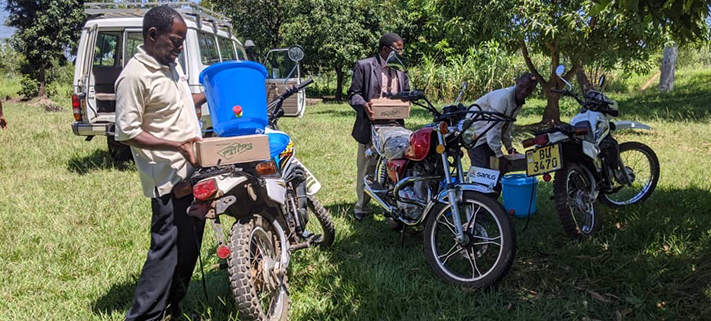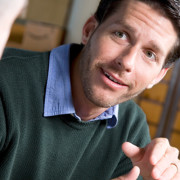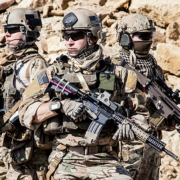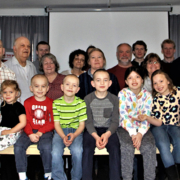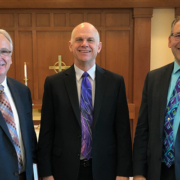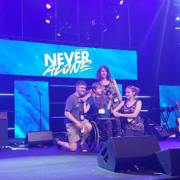Kingdom Workers: Slowing the Spread of the Virus, Not the Gospel
As a nurse, you’re used to washing your hands many times a day, perhaps several times an hour. The combination of soap, scrubbing, and water produces a preventative measure against the spread of diseases, like the novel coronavirus known as COVID-19.
Yet, for millions of people living in rural Malawi, Indonesia, South Sudanese refugee camps, and beyond, handwashing takes much longer than 20 seconds.
Water doesn’t just flow from the tap in the bathroom, it must be collected. Soap can’t be bought at a local Target. And even where clean water and soap are available, knowledge of hygiene and sanitation best practices is limited.
When COVID-19 began to stretch its fingers across the world, Kingdom Workers recognized that God had uniquely prepared us to provide communities around the world with WASH training (Water, Sanitation, and Hygiene). We quickly pivoted several existing programs to focus on WASH with the goal of supplying communities with materials, education, and Christian counsel before borders closed, stay-at-home orders were enacted, and travel became restricted.
Kingdom Workers was prepared to pivot thanks to our previously established clean water initiatives, and our experience with WASH training in the South Sudanese refugee camps. Using this knowledge, we developed a customized plan according to the challenges of each region.
In the refugee camps, health and safety restrictions made a journey into town for supplies more difficult. Our local lead team determined how and where to distribute aid across multiple camps and settlements. Together with local area pastors they distributed 4,840 units of soap, 16 handwashing stations, and have served nearly 3,000 people.
Pastors in Malawi mobilized to set up handwashing stations at busy bus stops and outside of churches. We also worked with Tiyamike Sewing Malawi, a local non-profit organization which provides skills training to women, to develop educational diagrams about safely collecting water from boreholes. Boreholes are traditionally a place of social gathering where many people touch the same pump and individuals can stand in line for up to three hours waiting to gather water. To date, over 17,000 people have received COVID-19 prevention education.
In Indonesia, 580 face masks and 274 bars of soap were provided to community members in remote villages where health clinics are miles away and reputable health knowledge is scarce. Picture-based handwashing diagrams were also distributed to churches so that those not able to read can understand how to wash their hands effectively.
God has worked through the efforts of our local volunteers, donors, and staff to slow the spread of the virus, but not the gospel. Donors Steve and Paula share why this work is so important, “God has placed other souls, just as dear to him, all around the world and we are compelled to love and assist them however we can.” While we do whatever it takes to connect communities to Christ, we find strength in knowing that God is stronger than any pandemic, and that he is working through all of us for his glory.
You can learn more about our efforts to slow the spread of COVID-19 here.
SPECIAL MINISTRIES
Learn about the ministry work of WELS Special Ministries.
SUPPORT SPECIAL MINISTRIES
Support the ministry work of WELS Special Ministries.

